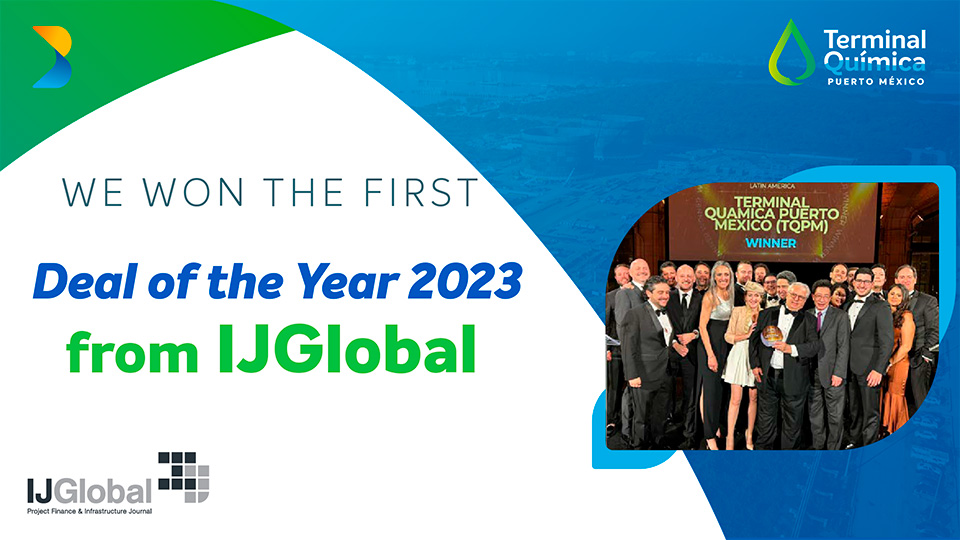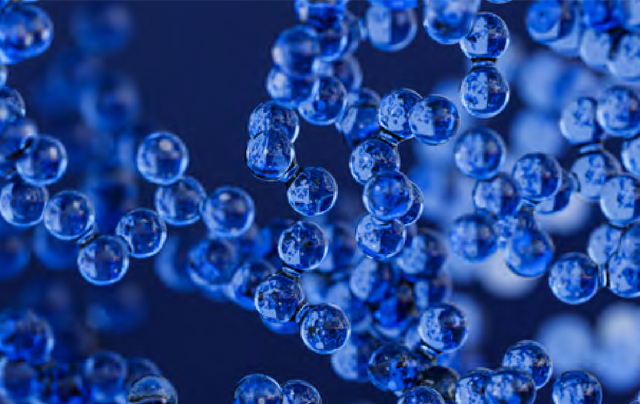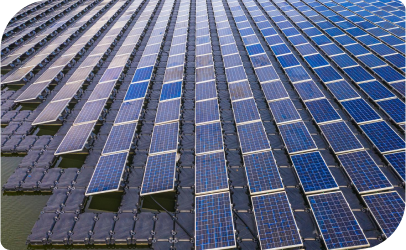BRASKEM REPORTS EBITDA OF R$930 MILLION IN 3Q12
Brazilian resin sales grew 18% from the prior quarter
Braskem ended the third quarter of 2012 with EBITDA of R$930 million, which increased 10% from the previous quarter and remained virtually stable compared to the same period of 2011. The amount was mainly due to the higher sales volume in the period, especially in the domestic market, reflecting the typical seasonality of the industry.
The world economy remained influenced by uncertainties regarding the European crisis, which continue to weigh on international demand for resins and other petrochemical products. Meanwhile, costs in the industry remained pressured by the high prices of oil and petrochemical feedstocks, especially naphtha. In the Brazilian economy, which has also felt the effects of this scenario, consensus expectations for GDP growth in the year were revised downward once again, to around 1.6%. On the other hand, the tax incentives and monetary stimulus adopted by the federal government should encourage recovery in industrial activity in the coming quarters.
Despite the still-uncertain and challenging scenario, demand in the Brazilian market for thermoplastic resins grew by 18% between the second and third quarters of the year, influenced by seasonality. Braskem's sales accompanied this growth and reached 951 ktons, advancing 19% in the period. Compared to the third quarter of 2011, domestic demand remained virtually stable, while Braskem's sales grew 11%, reflecting the recovery of six percentage points in the Company's market share, which ended September at around 70%.
Consolidated net revenue was R$9.5 billion, growing 9% from the July-September period of the previous year, impacted by the average appreciation of 24% in the U.S. dollar against the Brazilian real between the periods. Compared to the second quarter of 2012, consolidated net revenue grew by 3%, driven by the higher sales volume of resins and key basic petrochemicals. In the first nine months of the year, net revenue was R$26.8 billion, increasing 10% from the same period of 2011.
"Despite the adverse international scenario, the third quarter was stronger due to seasonality and the contribution from the exchange rate, which allowed us to increase our resin sales volume in the domestic market, accompanied by slight recovery in EBITDA margin in relation to the second quarter. Braskem has been doing its part by making available new production capacity to serve the market, such as the new PVC plant in Alagoas and the expansion of the butadiene plant in Rio Grande do Sul, while reinforcing its financial discipline," said Carlos Fadigas, the CEO of Braskem.
The Company ended the July-September period with a net loss of R$124 million, which was basically due to the impact from exchange variation on the financial result, which offset the period's better operating result.
Maintaining its commitment to making investments with returns above the cost of capital, Braskem invested R$1.4 million in the first nine months of the year. Of this amount, 42% was allocated to projects to expand capacity and improve assets, with the highlights the PVC and butadiene expansion projects inaugurated in the third quarter. These investments are aligned with Braskem's commitment to meet the growth in domestic demand and in Brazil's entire petrochemicals and plastic production chain. The Company also invested R$262 million in maintenance, in line with its objective of maintaining its assets operating at high levels of operating efficiency and reliability.
"Despite the recovery observed in the quarter, it is essential that the Brazilian government maintain initiatives to protect the industry's competitiveness, such as renewing the Reintegra program, which stimulates Brazilian exports, and implementing the Special Regime for the Chemical Industry that was proposed in the first half of this year by a group formed by the actual government, the industry and representatives from trade union federations. REIQ includes measures that reduce the effective tax rates on raw materials and investment and that foster innovation, especially in the area of green chemicals, and these measures are crucial for encouraging a new investment cycle and reversing the enormous foreign trade deficit in the chemical industry," said Fadigas.
Related News
News
More news
Advario, Braskem Idesa and Terminal Química Puerto México (TQPM) wins Oil & Gas Deal of the Year of the IJGlobal Awards New York

Braskem and Shell join forces to produce circular polypropylene from mixed plastic waste

Braskem and FKuR sign agreement for distribution of I'm greenTM bio-based EVA

COUNTLESS readies lignin-based platform chemicals for the market

Braskem EVA Recycling Technology Research Partnership Awarded RD&D Grant from the REMADE Institute


 Braskem Global
Braskem Global
 Braskem Idesa
Braskem Idesa
 Braskem USA
Braskem USA
 Braskem Europe
Braskem Europe











